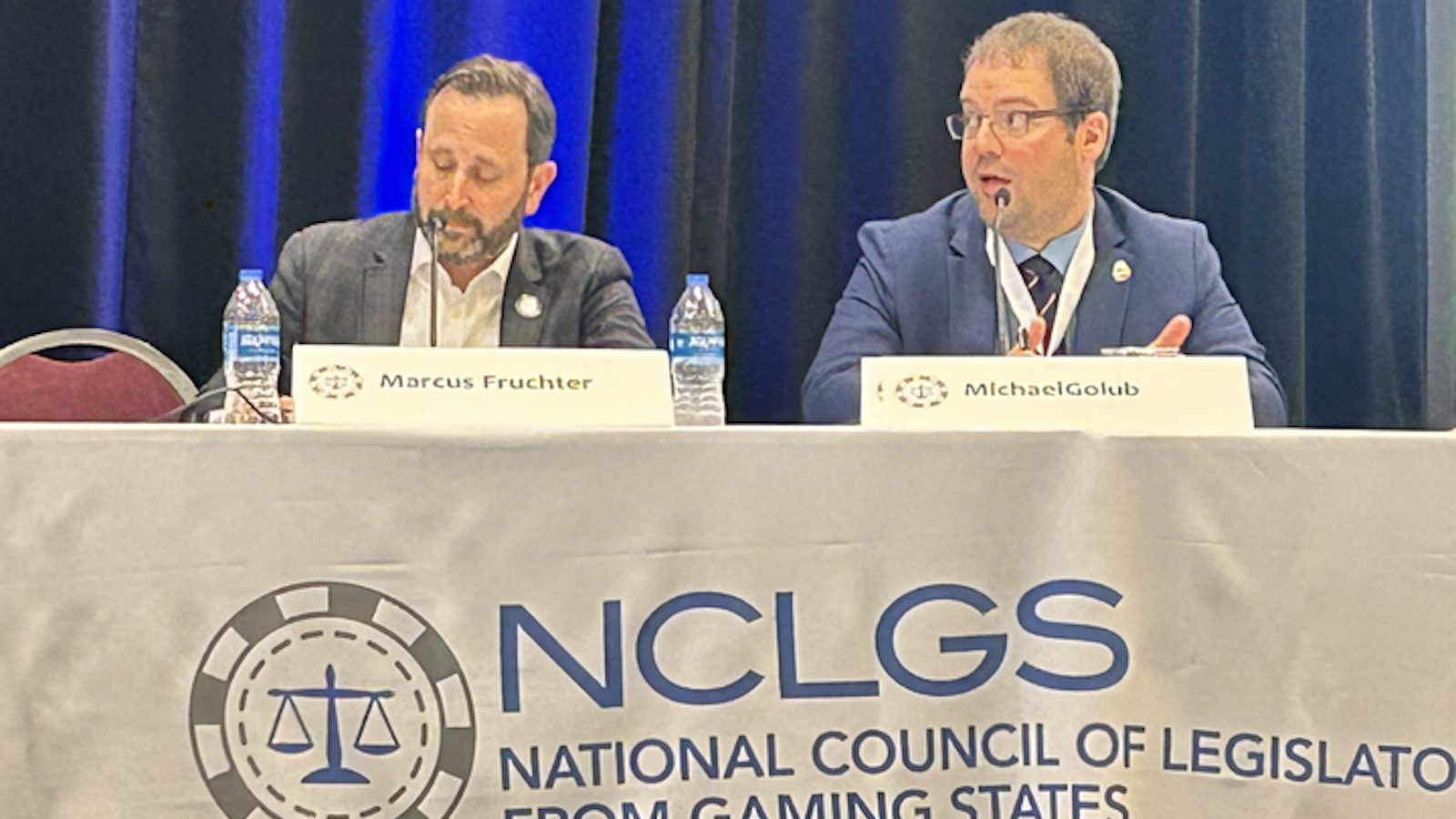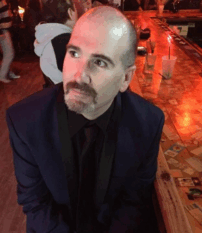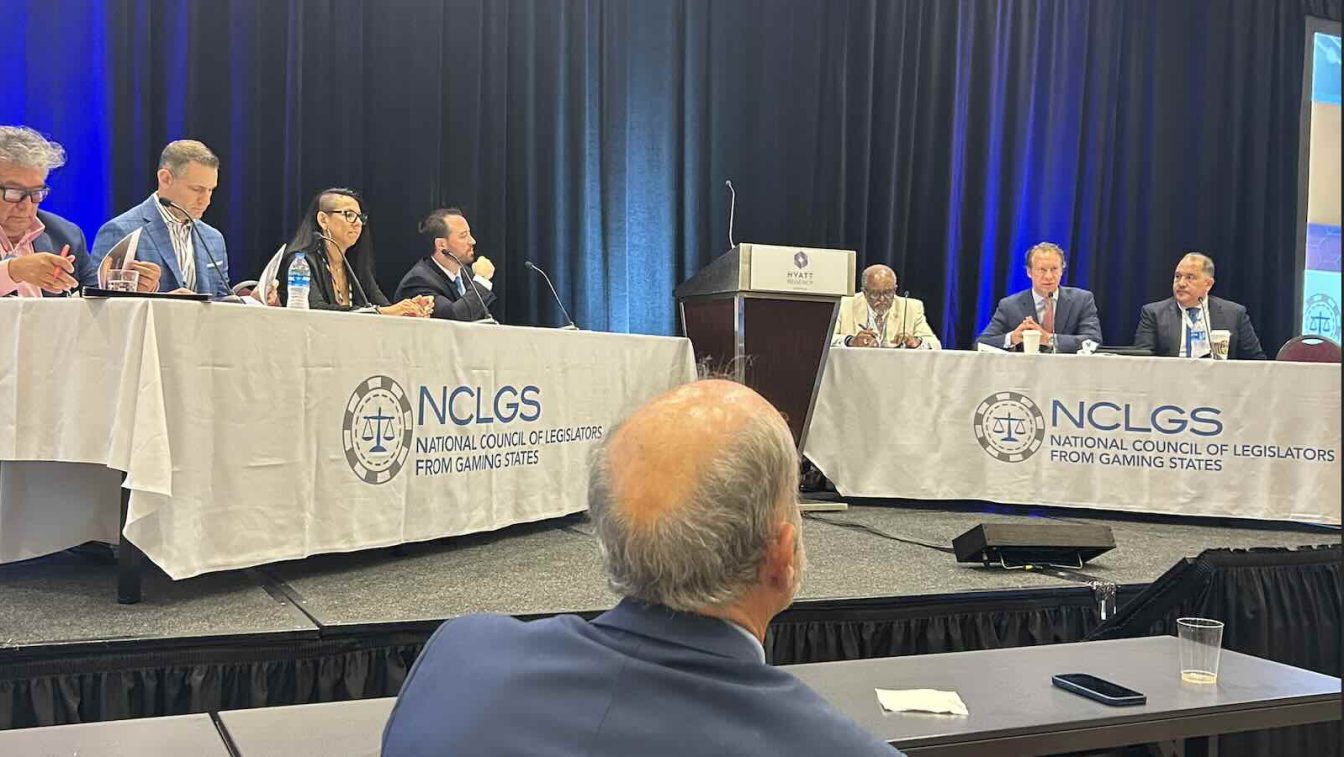Of Laws And Regulations, AGs And State Agencies
Attorneys and regulators discuss challenges of finding common ground with gaming industry
3 min

“What would you say … you do here?”
The famous inquiry of “the Bobs” to Dom Portwood in Office Space can sometimes apply to watching state regulators and attorneys general as they grapple with the gaming industry.
There are myriad laws, rules, and regulations followed by licensed and reputable operators. Then there is everything else. And that everything else has been in the spotlight of late, keeping state gaming agencies and attorneys general busy.
There have been lawsuits filed by attorneys general and regulators against prediction market operators. State gaming agencies spanning the country have sent flurries of cease-and-desist letters to offshore operators looking to curtail illicit business. Multiple states have done battle with online sweepstakes casino operators this legislative calendar to varying degrees of success.
In separate panels at the National Council of Legislators from Gaming States (NCLGS) Summer Meeting in Louisville in July, both groups — regulators and AGs — discussed the challenges they face, which included what happens when they cross paths.
The optics game
News stories on gambling from traditional media typically focus on positive and negative extremes: a record tax revenue windfall for a state; a new casino opening; an illegal gambling ring busted; an exposé illustrating a shortcoming or illicit activity.
It is rare to see coverage of the minutiae between regulator and operator, regulator and attorney general, or operator and attorney general. And that, according to both panels, is by design.
“There are a lot of things that we and other regulators do that folks don’t know about and we don’t issue a press release on,” said Marcus Fruchter, administrator for the Illinois Gaming Board but speaking on his own behalf. “It’s not something that we’re actively broadcasting because a lot of times publicizing those efforts and making a big deal of it is contrary to sound law enforcement and sound regulatory enforcement.”
“Having industry step forth and communicate with me and my office is critical to my role of getting the industry served,” said Illinois Attorney General Kwame Raoul. “Having those entities who are complying with the law and shedding light on bad practices elsewhere or just straight up unlicensed gaming elsewhere has been very beneficial to our office.”
Different priorities that sometimes align
Because no two state gaming agencies operate the same way, no two relationships between a gaming agency and an attorney general’s office are the same. Brian Kane, executive director, National Association of Attorneys General, noted that “almost every AG’s office represents the boards and commissions throughout the state.” That allows the potential for overlap as part of the “scope and breadth to what attorneys general across the nation bring under their umbrella with regard to gaming.”
Larry Frieman, who is the chief deputy attorney general of the Louisiana Department of Justice, provided such an example since his department has a presence within the gaming division, which is overseen by the state police. That provides what he called some investigative authority and some prosecutorial authority, which usually lays the foundation for a local district attorney to ask for assistance when it comes to gaming.
Michael Golub, who is the deputy attorney general in the Office of the Attorney General serving in the Division of Gaming Enforcement (DGE) for New Jersey, has a somewhat similar set-up as part of the attorney general’s office, but he pointed out the DGE is primarily focused on compliance.
“We’re not … trying to make a name for ourselves,” said Golub, whose department has four full-time investigators dedicated solely to sports betting. “In New Jersey, there’s five different agencies that regulate different forms of gaming, and getting us all to agree on when to have a meeting is probably just as hard as getting us to all work on a case together.
“And then you have to bring in the criminal enforcement side. … A lot of times, there are other priorities.”
Fruchter, whose previous experiences prior to becoming IGB administrator included serving as senior counsel for the Security and Exchanges Enforcement Division and as a legislative aide in the U.S. Senate, expanded on Golub’s comments by noting the balancing act for a state agency between bringing strong cases versus ones that test laws with less cut-and-dried cases.
“We like to bring cases that are clean and we can prosecute and we can win,” said Fruchter, recalling his SEC days before pivoting to his current role. “And I think there’s a lot of times where you should say to your state’s attorney general or the federal government that, ‘Yes, there may be some ambiguity here,’ but the way to clear up ambiguity and the way to get legislators to act is by trying those cases.”
Working with legislators
The panel with administrators and regulators veered to discuss relationships with legislators, which is an ongoing challenge because of constant turnover in statehouses. Both Fruchter and Massachusetts Gaming Commission Chairman Jordan Maynard talked about serving as experts for lawmakers.
“We go up to Beacon Hill every year, and we educate them,” Maynard said. “I tell them all the time, ‘I’ve never seen my name on a ballot.’ My job here is not to tell you what to do. My job is to educate you and tell you what your decision-making is going to do to our commission and to our state.”
“My job is not to tell you how you want to vote unless it coerces things of gaming integrity and safety that we really care about,” Fruchter added. “I’ve had many conversations with legislators. I’ve said, ‘I may oppose this, but I’m going to tell you this is what you need to do if you want to change the law and how you accomplish it.'”






